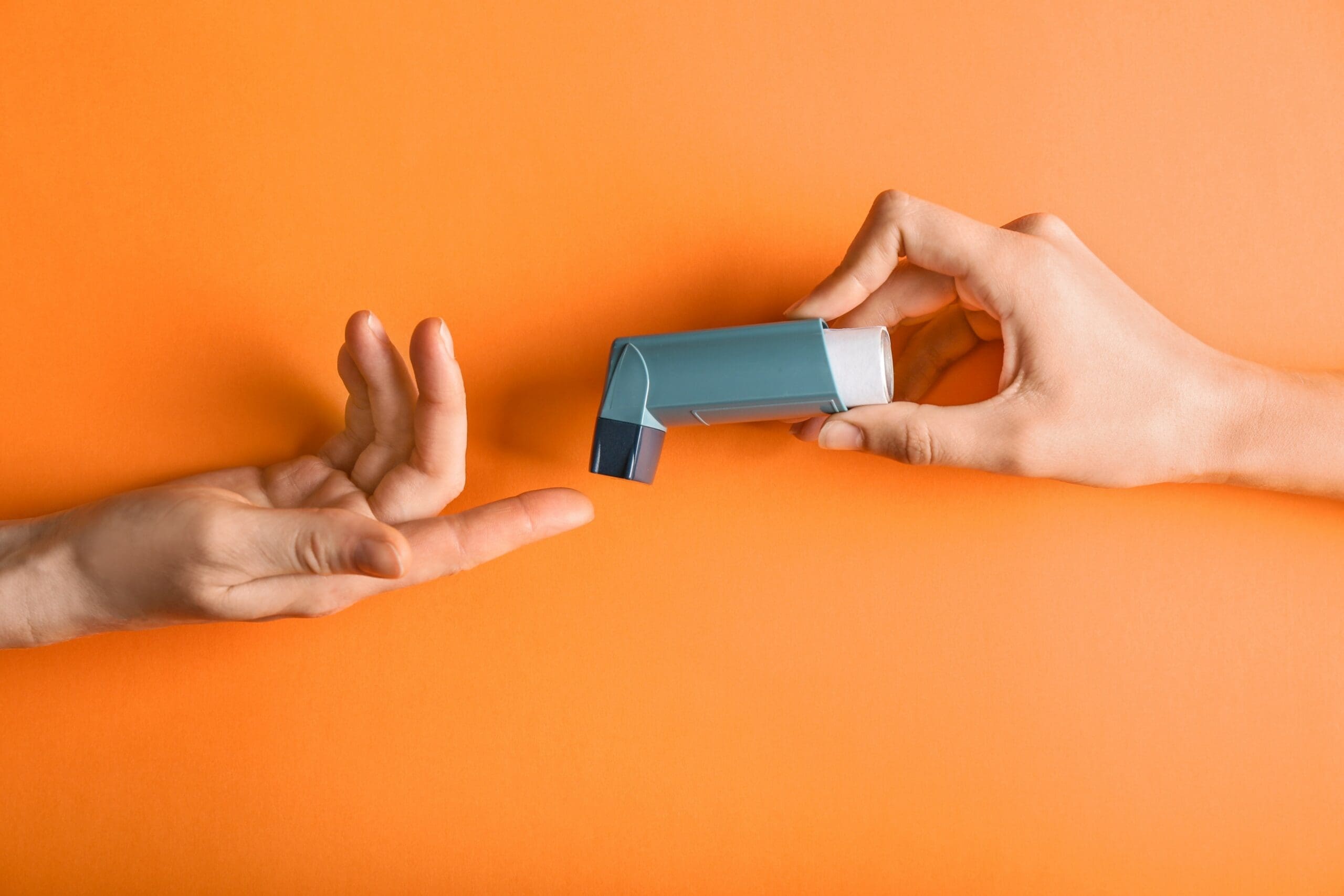Smoking and asthma do not combine well. Tobacco smoke harms the airways of both smokers and those who are exposed to environmental tobacco smoke — this can result in:
- an increased likelihood of developing asthma; and
- in people who already have asthma, worsening of asthma symptoms and an increase in the number of asthma attacks.
If you already have asthma, smoking accelerates long-term decline in lung function. You’ll also find that daily control of your asthma can become difficult — preventer inhalers are less effective in people who smoke than in non-smokers. Smoking (and exposure to second hand smoke) also makes you more prone to chest infections, which are likely to worsen your asthma symptoms.
Tobacco smoke is one of the most common asthma triggers in adults.
Smoking around children
Smoking around children can result in them developing asthma, early childhood wheezing and other illnesses.
Parents who smoke increase the likelihood that their children will develop asthma. And children already diagnosed with asthma whose parents smoke are more likely to have severe asthma symptoms compared to children with asthma whose parents do not smoke.
Smoking during pregnancy
When a woman smokes during pregnancy, her child will have an increased risk of developing asthma and wheezing. Also, children with asthma whose mothers smoked during pregnancy may be less responsive to the usual asthma preventative treatments.
Smoking during pregnancy affects the normal development of the baby’s lung tissue while in the womb. Smoking during pregnancy also increases the risk of low birth weight, premature birth, still birth, sudden infant death syndrome (SIDS), allergies and obesity in children.
How to be smoke free
To avoid the negative impact that smoking can have on existing asthma and on the chances of asthma developing (both in the person who is smoking and in those exposed to tobacco smoke), you need to aim to be smoke free, that is, to avoid exposure to tobacco smoke.
If you do not smoke:
- do not allow smoking in your home or in your family car;
- ask people not to smoke near your children or near your baby;
- direct visitors who want to smoke to an outdoor ashtray;
- avoid being in smoky environments; and
- encourage your partner not to smoke, particularly if you are pregnant.
If you are a smoker:
- Seek advice, support and information about quitting. Quitting smoking is not an easy process, so the more information and support you have the more likely you will be to succeed. Realise that it may take several attempts to quit for the long-term, so keep trying. Ask your doctor or pharmacist about support groups, counselling and support phone lines. You may also want to ask about nicotine replacement aids, or prescription medicines that can reduce cravings and other withdrawal symptoms, such as varenicline (brand name Champix) and bupropion (e.g. Zyban, Prexaton). Prescription medicines to help you quit smoking are not recommended during pregnancy, and nicotine replacement therapy should only be used under medical supervision during pregnancy.
- In the meantime, smoke outside and not indoors near children or other people, and don’t smoke in the family car.
- Quit smoking if you are pregnant or, better still, when you are planning a pregnancy.
- Do not smoke near someone who is pregnant, near babies or near children.
Remember, there is evidence that stopping smoking can reverse the effects of smoking on the airways of people with asthma. Also, improvements in lung function and reductions in airway inflammation have been seen in people with asthma just 6 weeks after quitting smoking.

